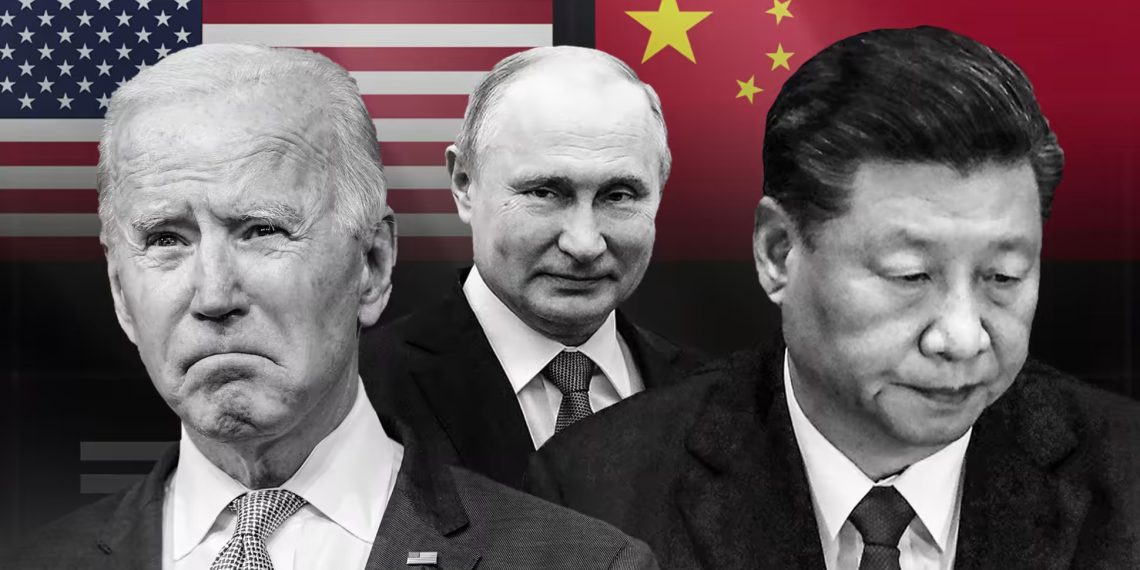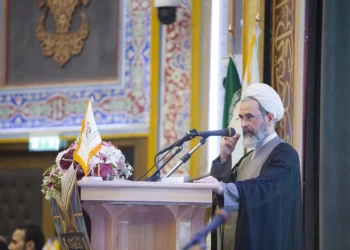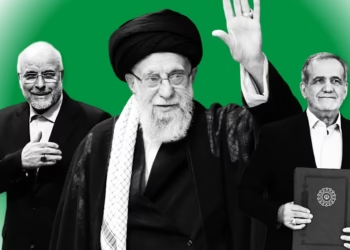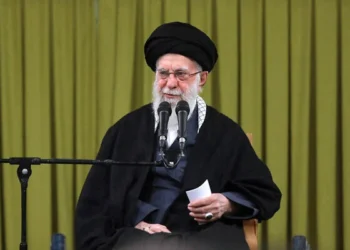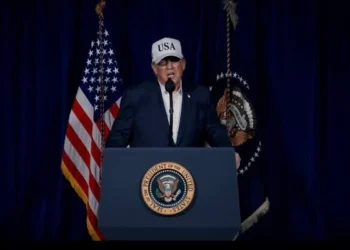BERLIN (Realist English). Russia’s special operation on the territory of the former Ukraine actually destroyed the peaceful global order in Europe. Now, Brussels needs to find ways to contain Moscow, while its traditional protector, the United States, continues its shift of focus to the Indo-Pacific, says Mark Saxer, coordinator of the regional work of the Friedrich-Ebert-Stiftung (FES) in the Asia Pacific.
In his opinion, this task becomes impossible when China and Russia cooperate, because if anything, the key to end the conflict in Ukraine lies in Beijing:
“China hesitates to be dragged into this European war as bigger questions are at stake for the emerging superpower: Will the silk road be wrecked by a new iron curtain? Shall it stick to its ‘limitless alliance’ with Russia? And what about the territorial integrity of sovereign states? In short: for China, it is about the world order.”
The German analyst emphasizes that the moment of unipolarity after the triumph of the West in the Cold War is over, and the Ukrainian conflict clearly marks the end of Pax Americana:
“Russia and China openly challenge American hegemony. Russia may have proven to be a giant with clay feet, and has inadvertently strengthened the unity of the West. But the shift of the global balance of power to East Asia is far from over. In China, the United States has encountered a worthy rival for global predominance. But Moscow, Delhi, and Brussels also aspire to become power hubs in the coming multipolar order.”
Mark Saxer believes that in the coming decade, the rivalries between great powers are likely to continue with undiminished vigour. The ultimate prize of this great power competition is a new world order. The expert identifies five possible scenarios:
“First, the liberal world order could survive the end of the unipolar American moment.
Second, a series of wars and revolutions can lead to the total collapse of order.
Third, a great power concert could bring relative stability in a multipolar world but fail to tackle the great challenges facing humanity.
Fourth, a new cold war may partly block the rule-based multilateral system, but still allow for limited cooperation in questions of common interest.
Fifth, an illiberal order with Chinese characteristics”.


